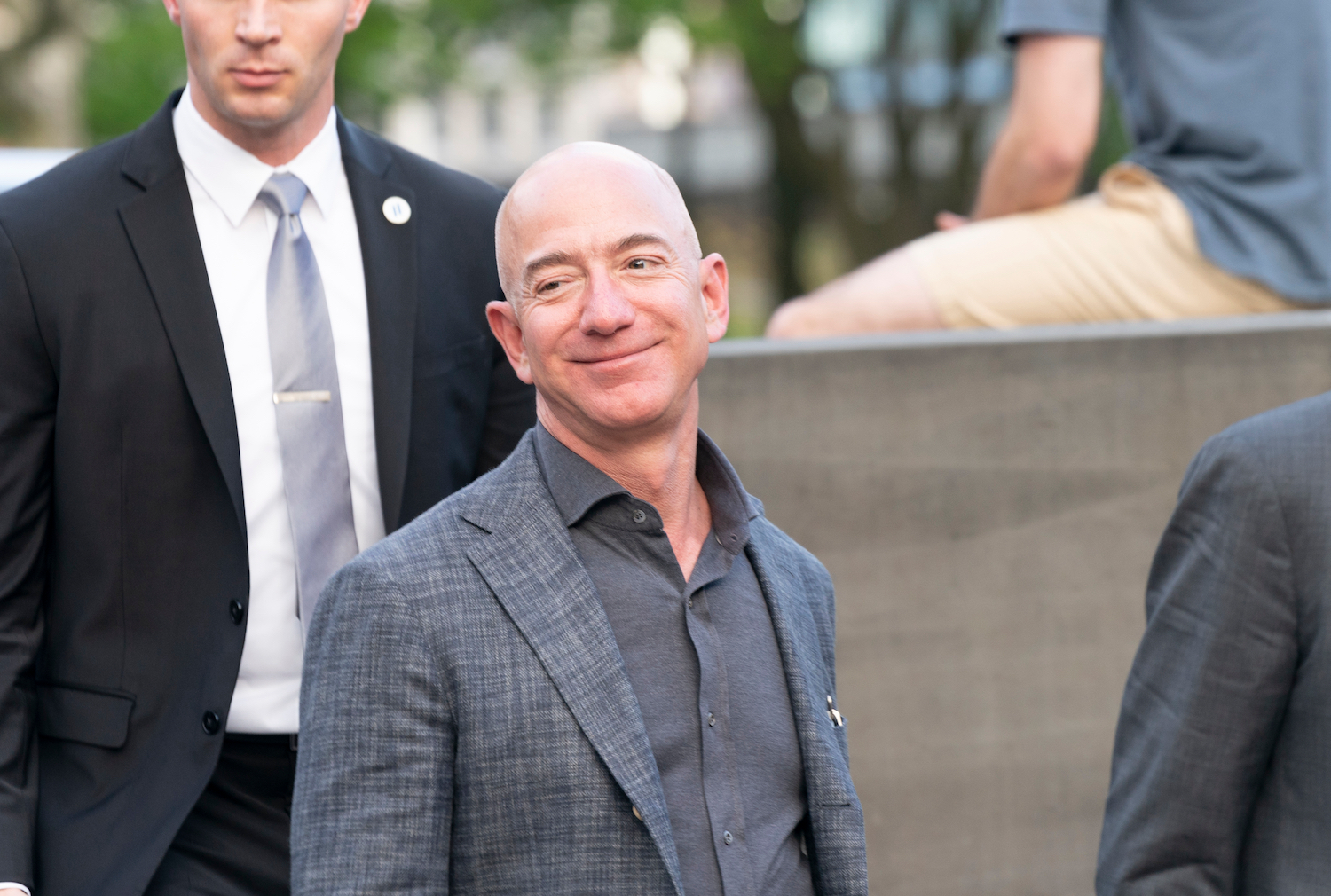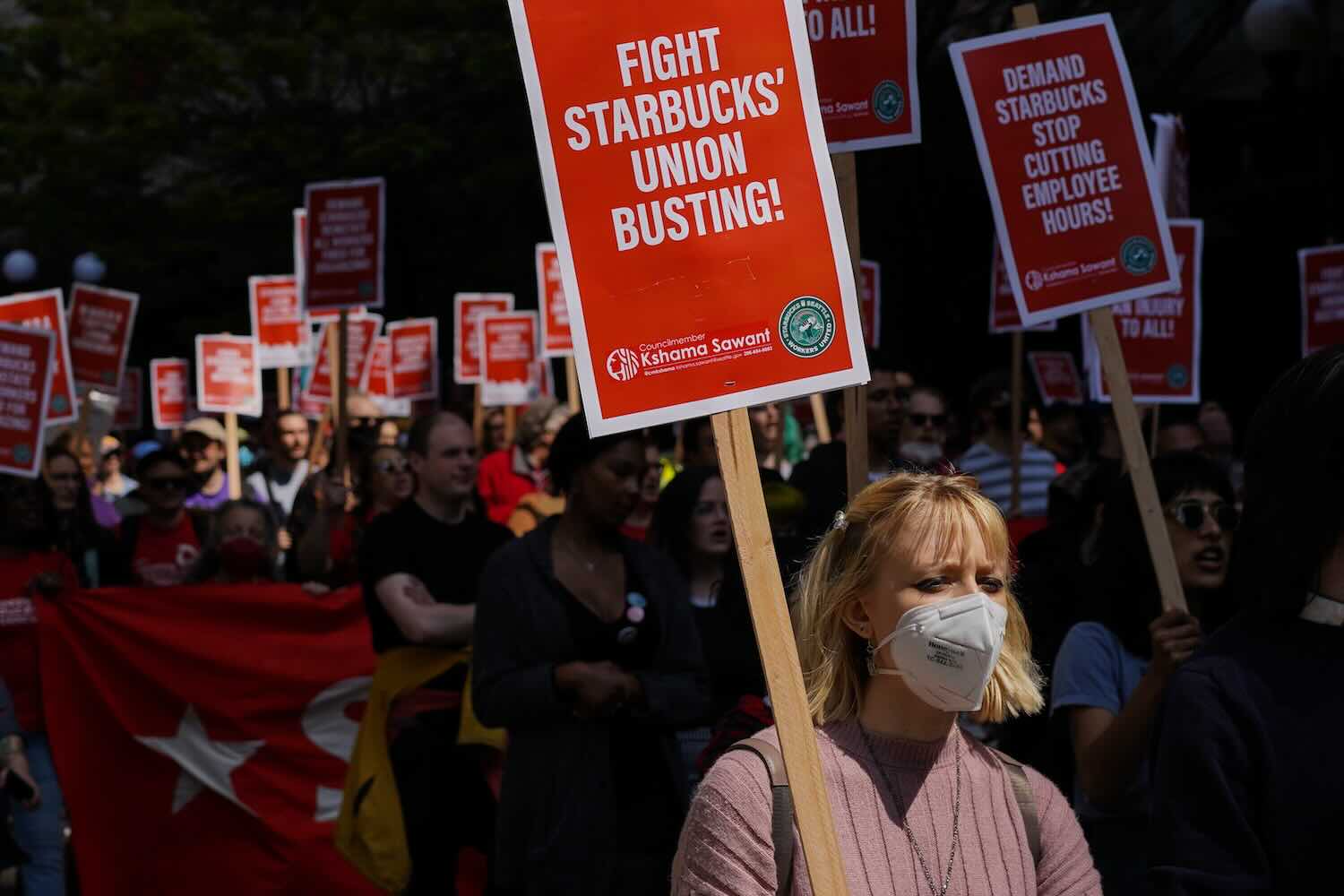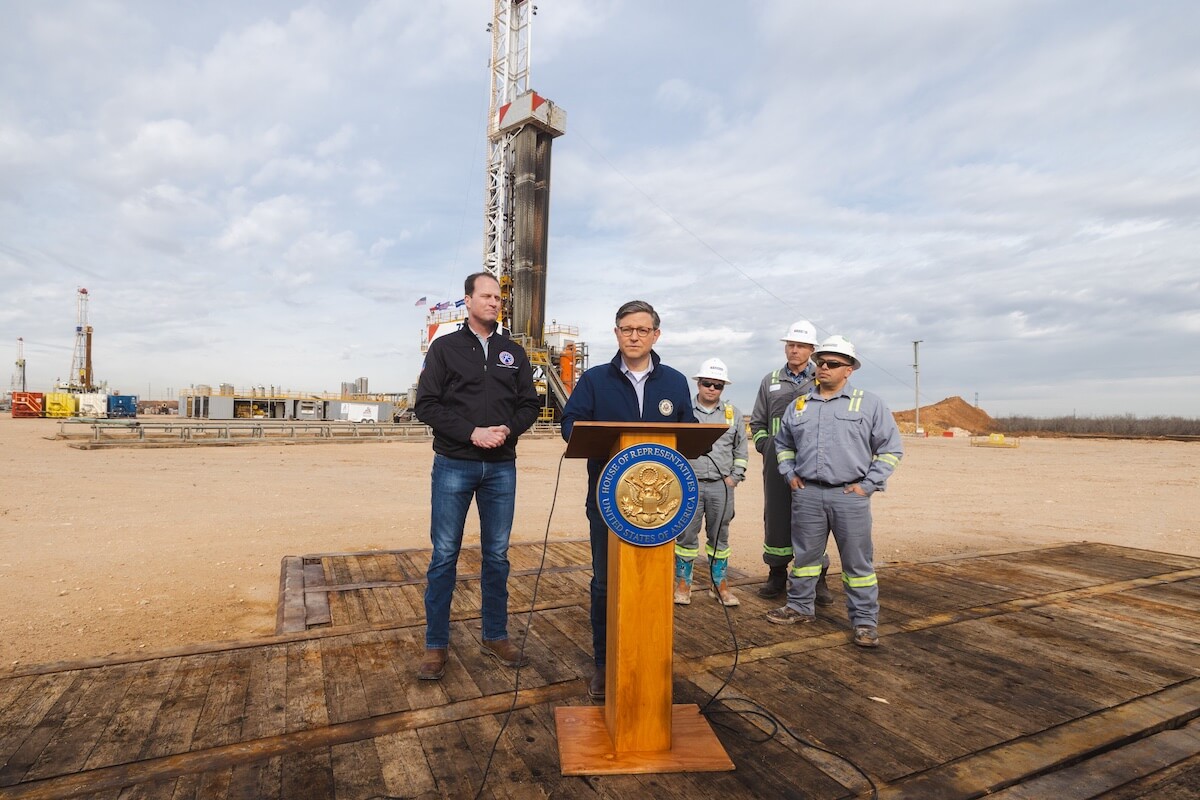We thought he might fly into space, but Amazon CEO Jeff Bezos made it clear last month that he is not done with the company he founded.
In his final letter to investors before stepping down as chief executive later this year, Bezos laid out a plan for a rather active retirement: he will stay on as board chair and, at the same time, helm an attempt to make Amazon “Earth’s Best Employer and Earth’s Safest Place to Work.”
It’s a surprising plan. Bezos had decades to address reports of safety problems and labor violations at Amazon. During those years, he has often appeared more interested in The Washington Post and his Blue Origin rocket projects than in making the company work for his employees.
After a high-profile unionization attempt in Alabama, Bezos wrote in his letter that Amazon must “do a better job” for workers and use “sophisticated algorithms,” among other tactics, to address rampant worker injuries. Why is the outgoing CEO suddenly showing contrition?
Amazon does need change. (In the last six months, a “mounting injury crisis” was reported and New York’s attorney general sued the company for poor COVID-19 precautions.) But Jeff Bezos is not the person to help deliver that change as executive chair. He and his team, including incoming CEO Andrew Jassy, caused the impacts and risks that Amazon unleashed in the world.
That is why our impact investing firm is leading a charge this week to bring new, competent oversight to Amazon. Our shareholder proposal, which will come to a vote at Amazon’s annual meeting on Wednesday, would be a commonsense reform: instead of Mr. Bezos, an independent director should lead Amazon’s board as chair.
Responsible investors know that a corporate board’s oversight of a company suffers when the chair is not an independent director. Only an independent board chair has both the freedom and the inclination to challenge the whims of executives. That is why chair independence is the norm around the world and recommended by the two major U.S. corporate governance advisory firms, Glass Lewis and ISS. According to an influential Yale School of Management paper, an independent chair promotes better oversight of risk.
Sound risk management is sorely lacking at Amazon, where executives have endangered the company’s reputation and its relationship with stakeholders and regulators.
Amazon managers beat back the union drive in the company’s Bessemer, Ala., fulfillment center after months of over-the-top anti-union practices. In a recent article, “How Amazon Crushes Unions,” The New York Times reported extreme tactics like worker surveillance, intimidation, and even changing a traffic light to prevent workers from speaking with union organizers after their shifts.
The National Labor Relations Board is reviewing alleged violations in that election, including Amazon telling Bessemer workers that they would have to pay union dues — a lie, as Alabama is a so-called Right To Work state where dues are optional — and the company pushing the U.S. Postal Service to install a new mailbox at its facility so it might exert more influence over workers’ voting.
Bezos says he is pivoting to employee concerns, but the Bessemer debacle shows that Amazon is willing to do almost anything to suppress workers’ voices and their ability to unionize. Investors should be concerned because that is exactly the kind of strategy that might work in the short term but can be vulnerable to failure in the future.
Bezos’s management team seems out of touch with the risks of their anti-union zeal; executives spent much of the spring fighting with members of Congress and quibbling with since-confirmed reports of workers urinating in bottles on the job. All of these antics hurt morale and damage the company’s reputation, which can threaten investors’ long-term position.
An independent chair could challenge executives and rein in Amazon’s excessive risk-taking. It would also help with other pressing issues facing Amazon, such as how to address employees’ ethical complaints over massive Pentagon and ICE contracts. Amazon is also headed toward a regulatory thicket over alleged antitrust violations and its Rekognition software. Amazon has limited use of the facial identification program amid complaints that police departments use it in ways that discriminate against Black and Brown people.
Good corporate governance and common sense say that Jeff Bezos is too close to all of these problems, and to decades of Amazon’s decision-making, to be useful as board chair. At the same time, his immense sway as founder and major shareholder would hamstring his replacement.
If Amazon shareholders want the company to continue its success and confront its biggest challenges, they should urge their CEO into a real retirement this week. As Blue Origin’s recent fortunes indicate, Mr. Bezos might not go to the moon any time soon. But he should still stay far away from Amazon’s board.
Pat Miguel Tomaino is a shareholder advocate at Zevin Asset Management in Boston. Visit www.zevin.com for more information.











